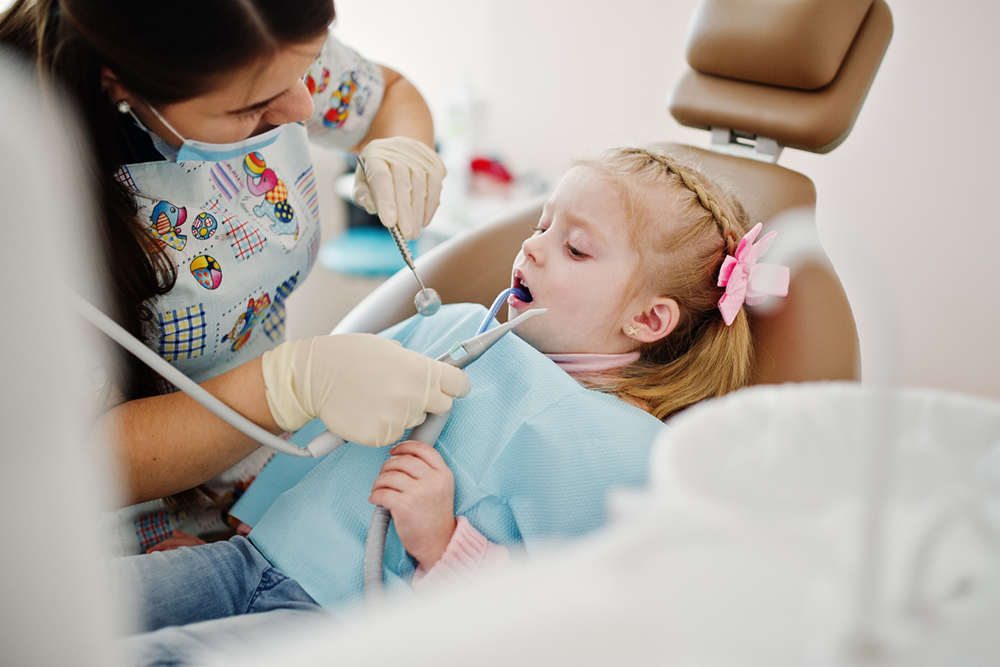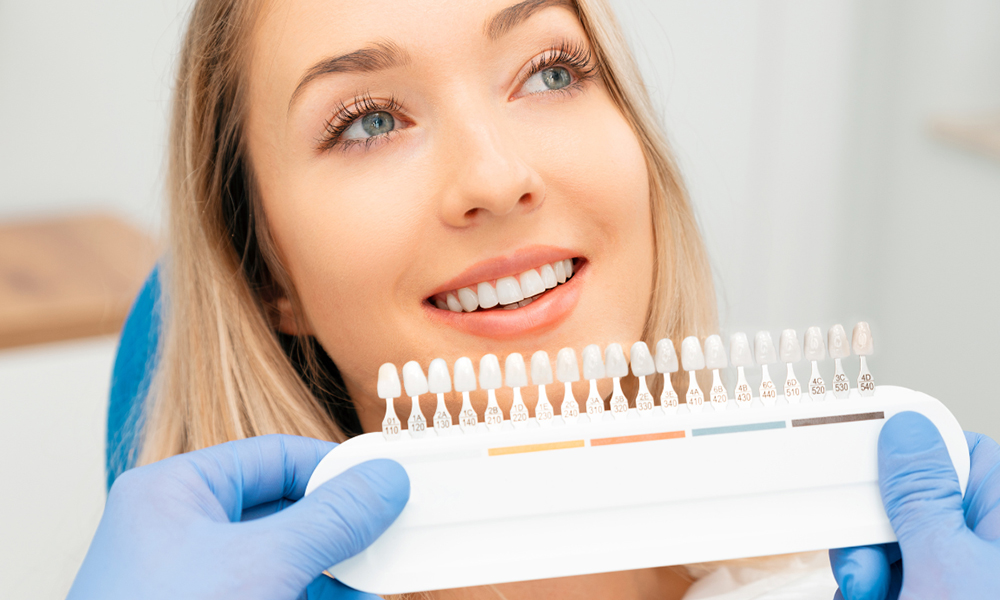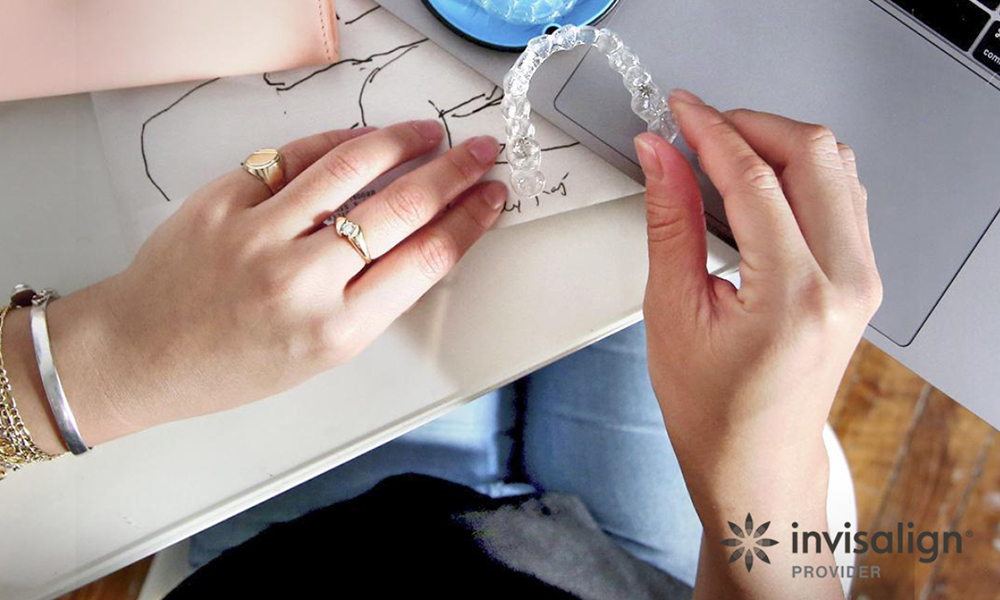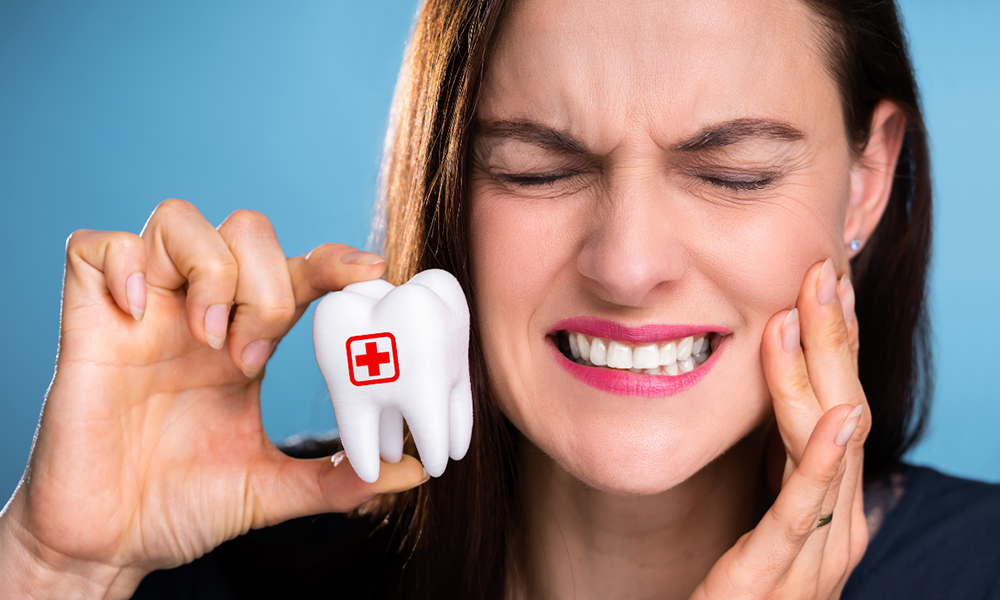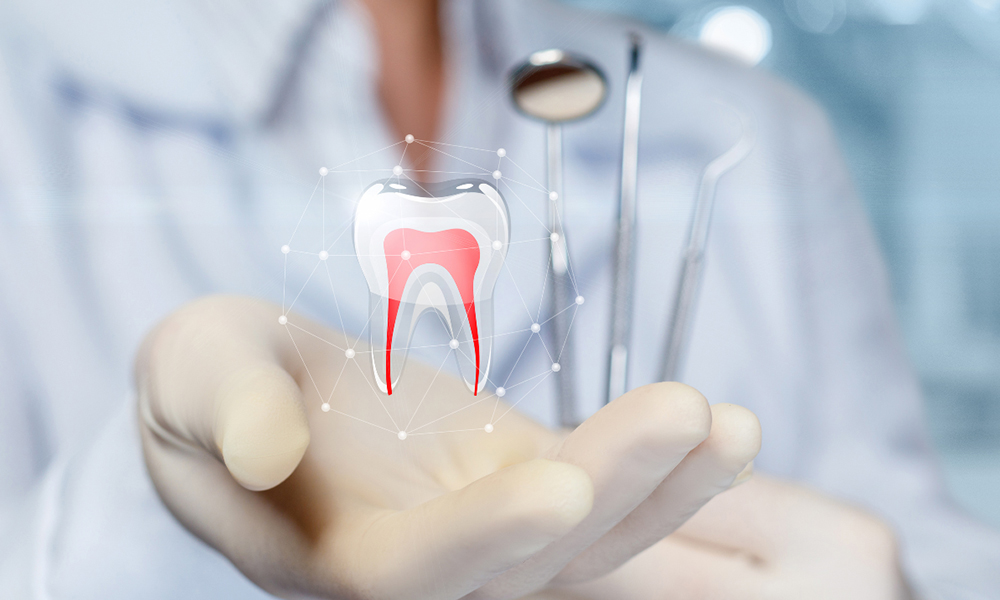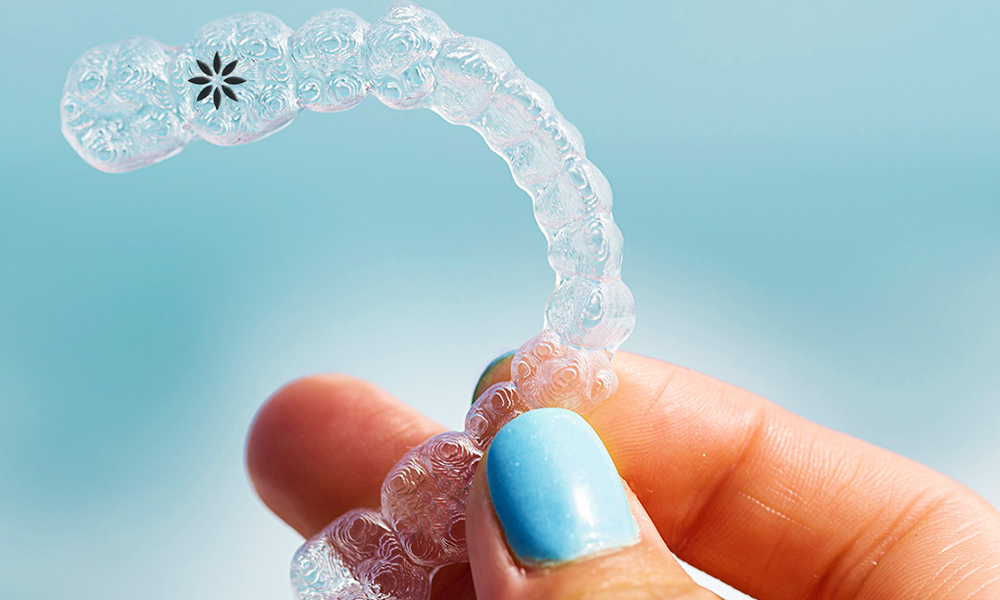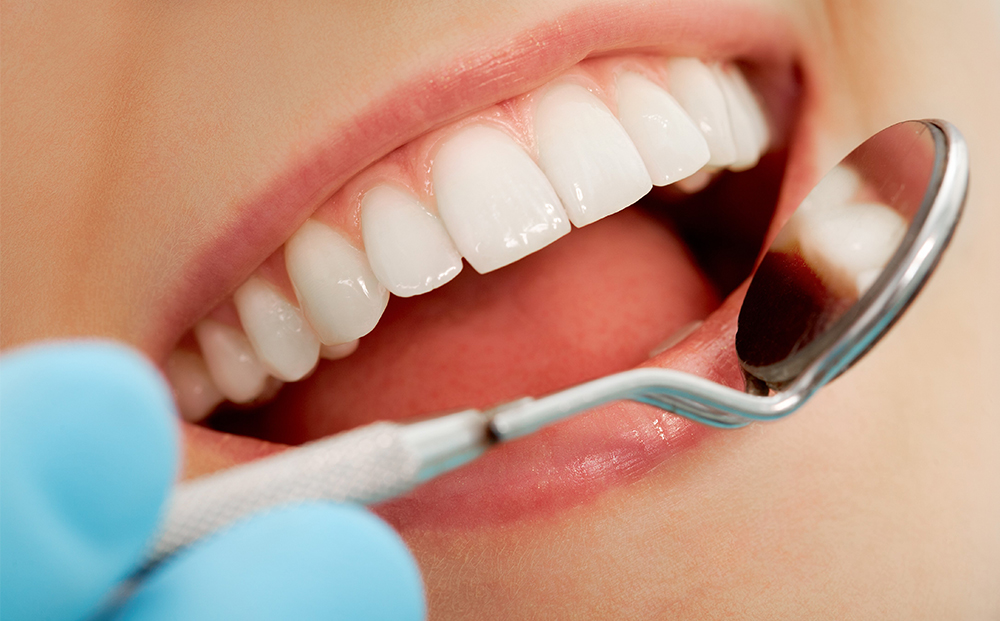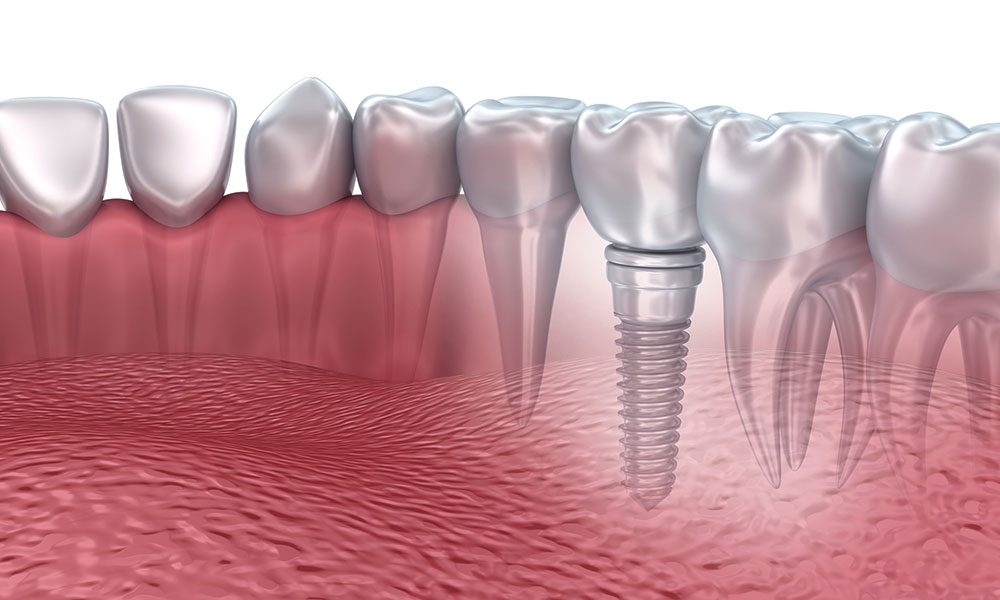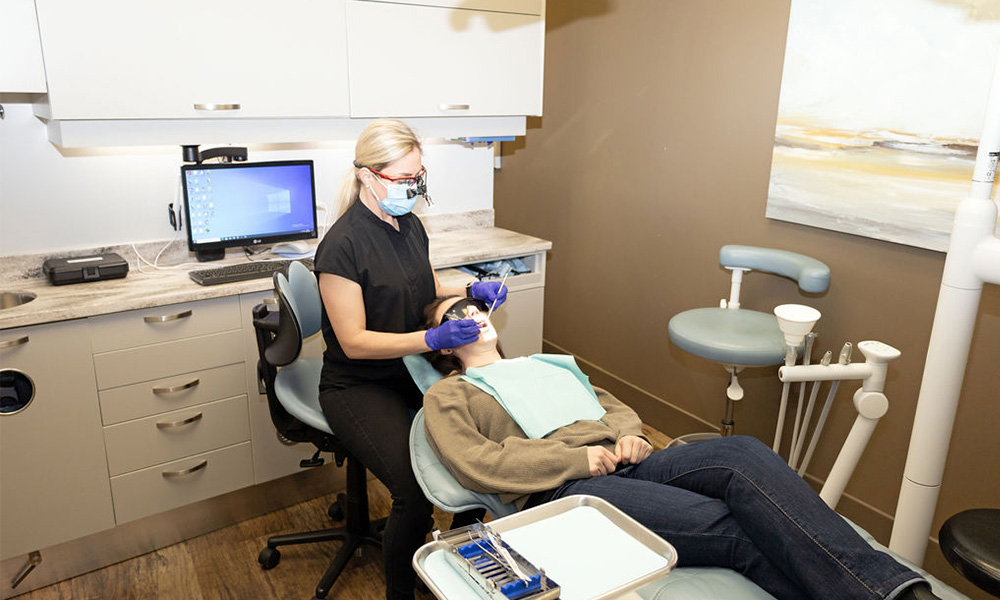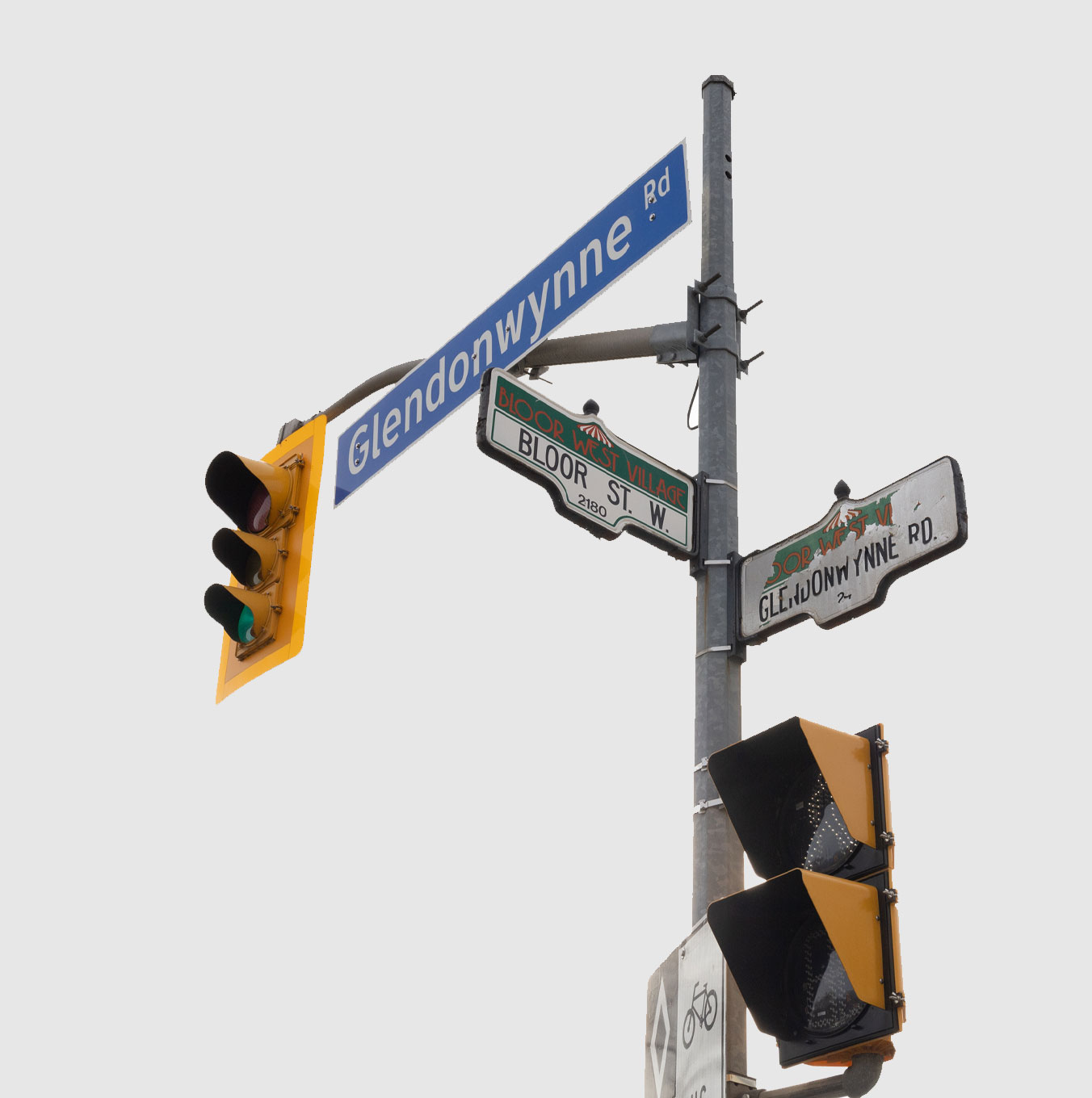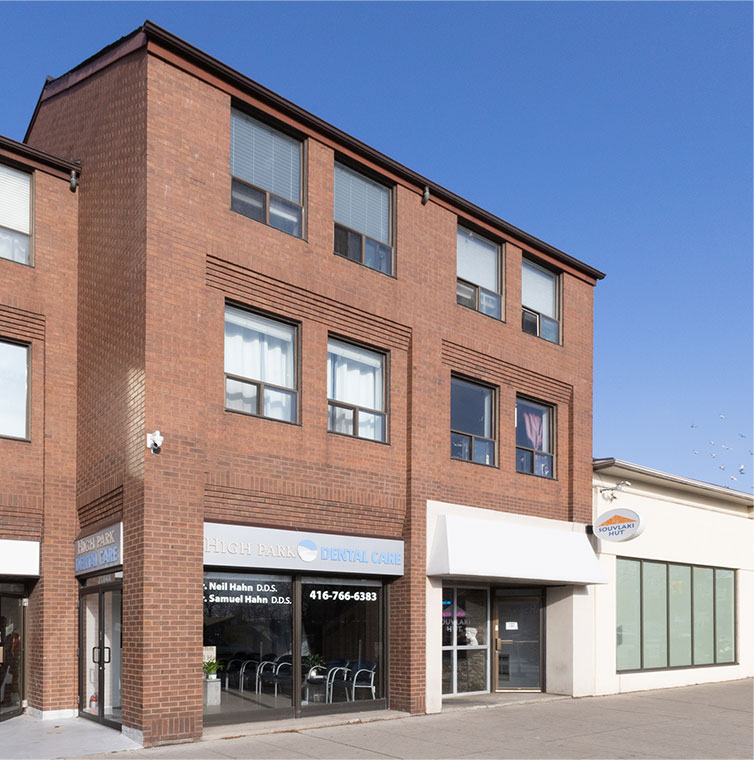
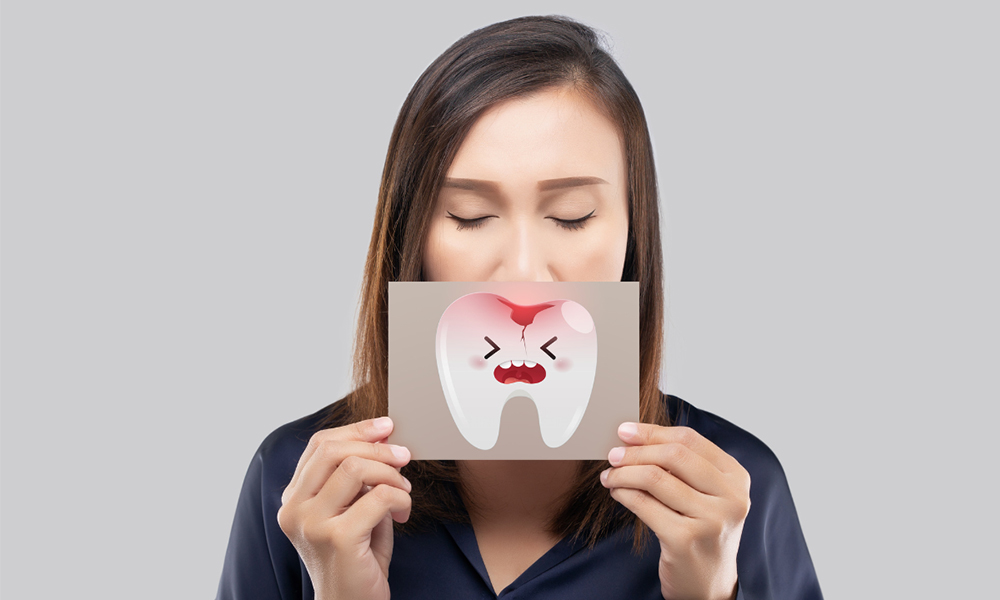
As an emergency dentist serving the High Park community for over a decade, I've seen countless patients running through our doors in pain that could've been prevented. Here at High Park Dental Care, our emergency dental staff treat urgent cases often, with adequate care and attention, may never have reached crisis point. Today, I'm giving you the most prevalent avoidable dental emergencies we see.
When you're in pain with a toothache, finding an emergency dentist is your top priority. But most patients are surprised to learn that their dental emergency was not created overnight, but rather over time. As emergency dentists, we conservatively estimate that approximately 60% of urgent cases reflect prolonged neglect or delayed treatment.
Prevention is always less expensive—both money-wise and in terms of your body—than emergency treatment. Knowing the most prevalent preventable emergencies will allow you to sidestep the need for urgent care.
One of the most common reasons patients visit an emergency dentist is for cracked or broken teeth. Although some breaks come from sudden trauma, many are the result of preventable factors.
When fixing broken teeth, we first assess the extent of damage. Minor cracks may require bonding, but significant cracks typically require crowns or even extractions. Treatment then depends on whether or not the crack extends to the pulp or under the gumline.
Prevention Steps:The most potentially dangerous but preventable dental emergency we see may be the one with severe infections. They can manifest as abscesses—pockets of infection filled with bacteria that lead to facial swelling, excruciating pain, and possibly systemic disease if neglected.
Dental infection treatment should not be put off. We typically drain the abscess, put you on meds, and fix the source—typically by doing a root canal or pulling it. Infections like that don't normally happen overnight; they are generally the result of untreated decay or gum disease.
Prevention Strategies:Lost or broken dental restorations are also a preventable emergency. When fillings or crowns fall out, they expose unprotected tooth structure and are extremely painful, prompting an immediate call to an emergency dentist.
When patients come in with missing fillings or crowns, we provide temporary or permanent replacements depending on the case. The majority of these cases, though, come in with evidence that the restoration was already compromised before it failed.
Prevention Strategies:We often see patients with intense pain from impacted wisdom teeth. Although not all wisdom tooth problems are avoidable, a large percentage of emergency cases arise after patients disregard advice to have wisdom teeth extracted or overlook warning signs.
When patients come in with wisdom tooth emergencies, we typically provide pain relief, antibiotics if the patient is infected, and referral for extraction. But these painful events typically follow months of erratic pain that patients neglected.
Prevention Strategies:While not all dental trauma is preventable, we see on a daily basis injuries that could have been avoided with good precautions. Dental injuries caused by sports are particularly common but entirely preventable.
In the management of dental trauma, we attempt to salvage natural teeth as much as possible. For teeth that are avulsed, immediate therapy (within 30-60 minutes) significantly improves the prognosis. For chips and fractures, there are many restorative options depending on severity.
Prevention Measures:Knowing when to call for emergency dental care can make small issues catastrophes. Call an emergency dentist immediately if you experience:
At High Park Dental Care, our team is committed to providing prompt emergency dental care when you need it most. However, we're even more committed to helping our patients avoid getting into emergencies in the first place with preventive care and education.
Remember, the best emergency dental care is the kind you never need. Regular dental visits, prompt attention to minor issues, and preventive practices can save you from needing to get urgent dental care.
Need an emergency dentist? Call us at 416-766-6383
